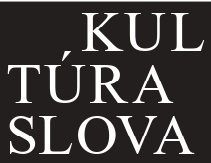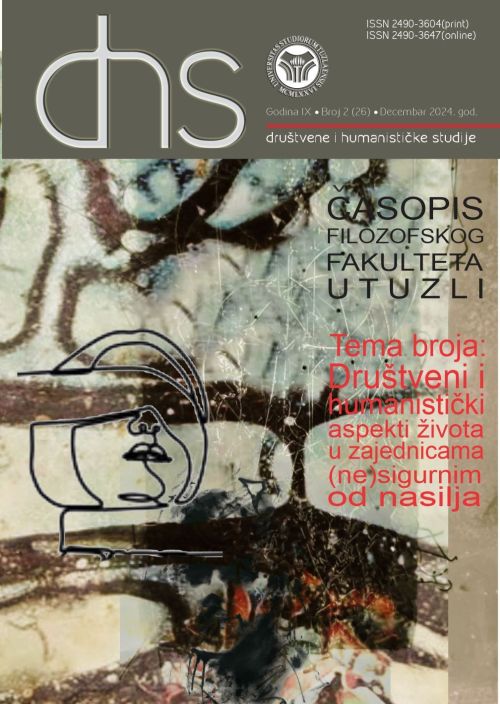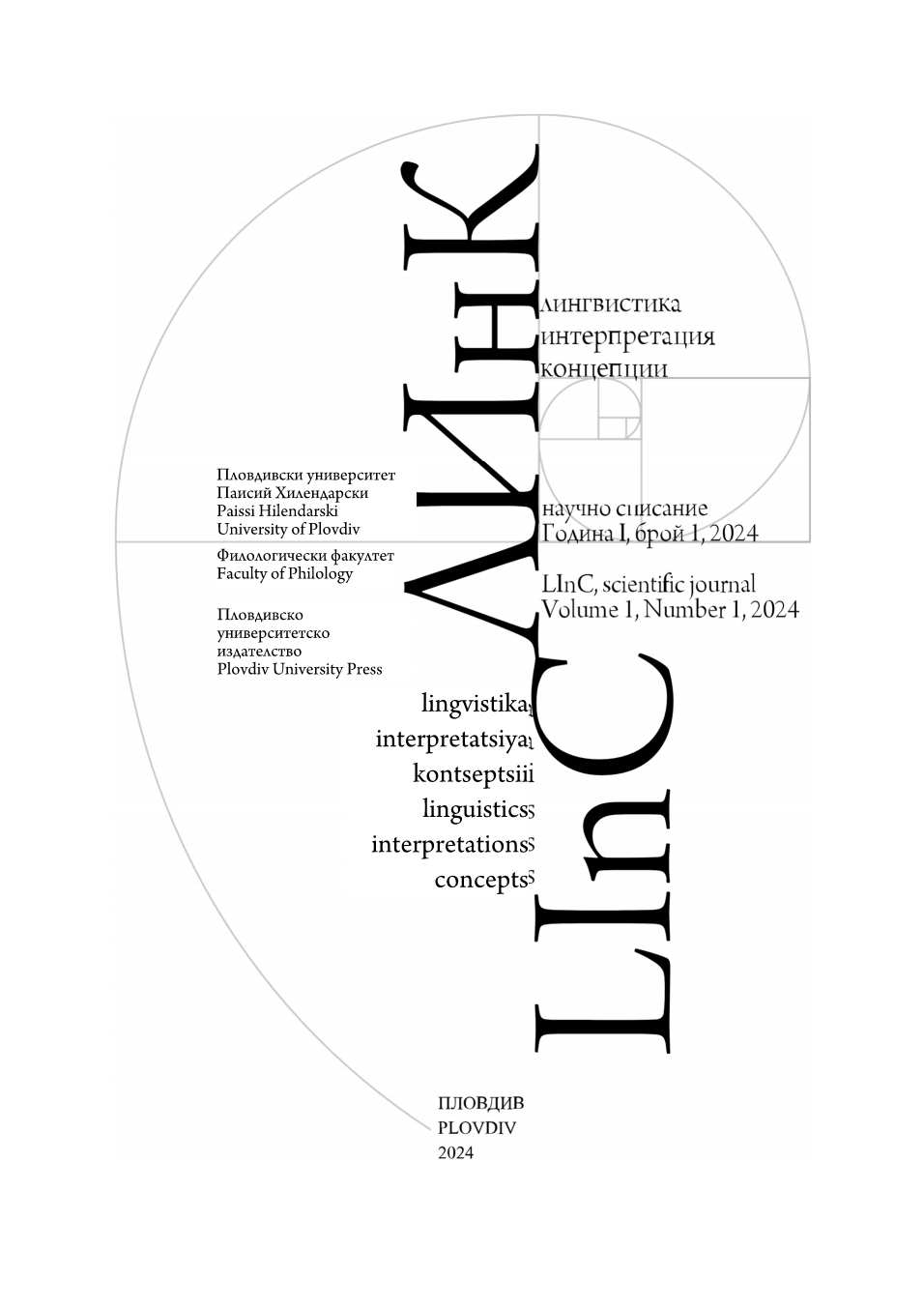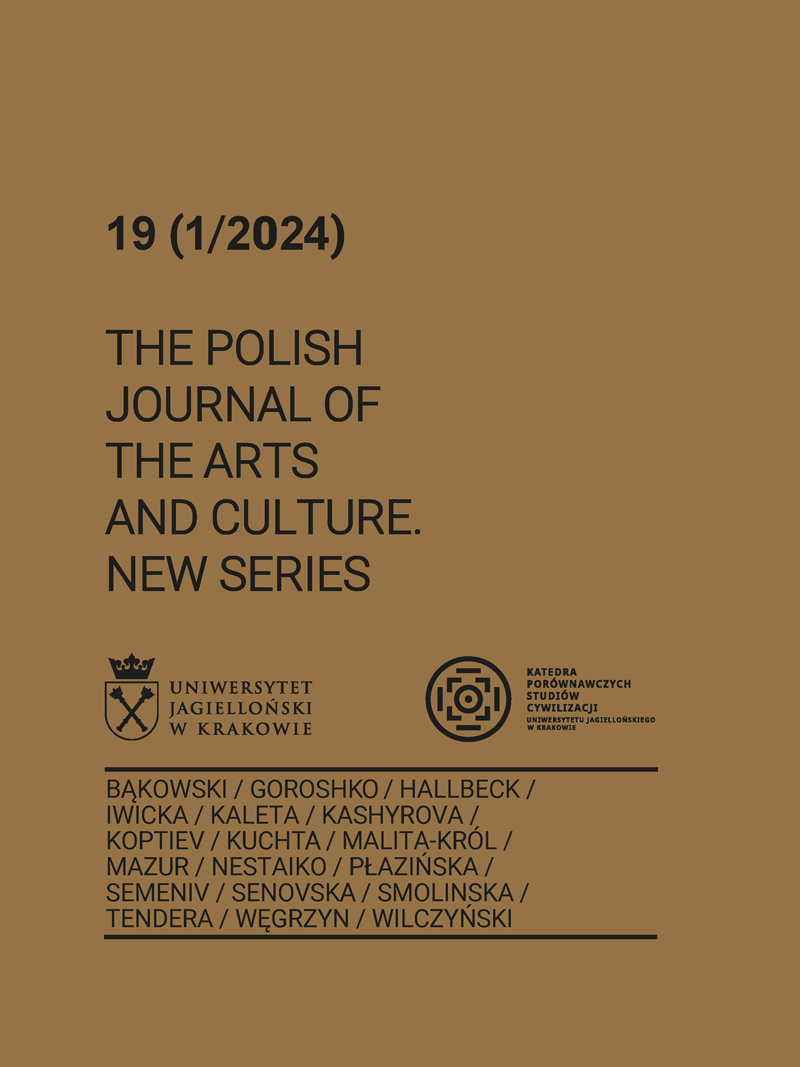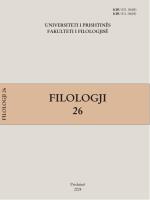Formation of the Slavic Collection and its Evolution: a Case Study of the Polish Holdings at the University of Manitoba
The Slavic Collection at the University of Manitoba comprises over 70,000 volumes of books, periodicals, newspapers, and microfilms. It was created in 1949 following the founding of the Department of Slavic Studies that same year. This article focuses on Polonica – the Polish-language materials – available in the collection, its provenance, and potential associated research themes. Four examples of works/bodies of works from the collection are examined as a case study, including two rare books, the Polish Amateur Theatre Pamphlet Collection, published between 1902 and 1947 in Poland and the United States, and the Polish-language newspaper “Czas”, which is the oldest surviving Polish-language newspaper in Canada. These unique resources reflect wider trends in the evolution of the Polish community in Manitoba, while serving as an illustration of collaboration between the Polish community and the UM academic institution.
More...
